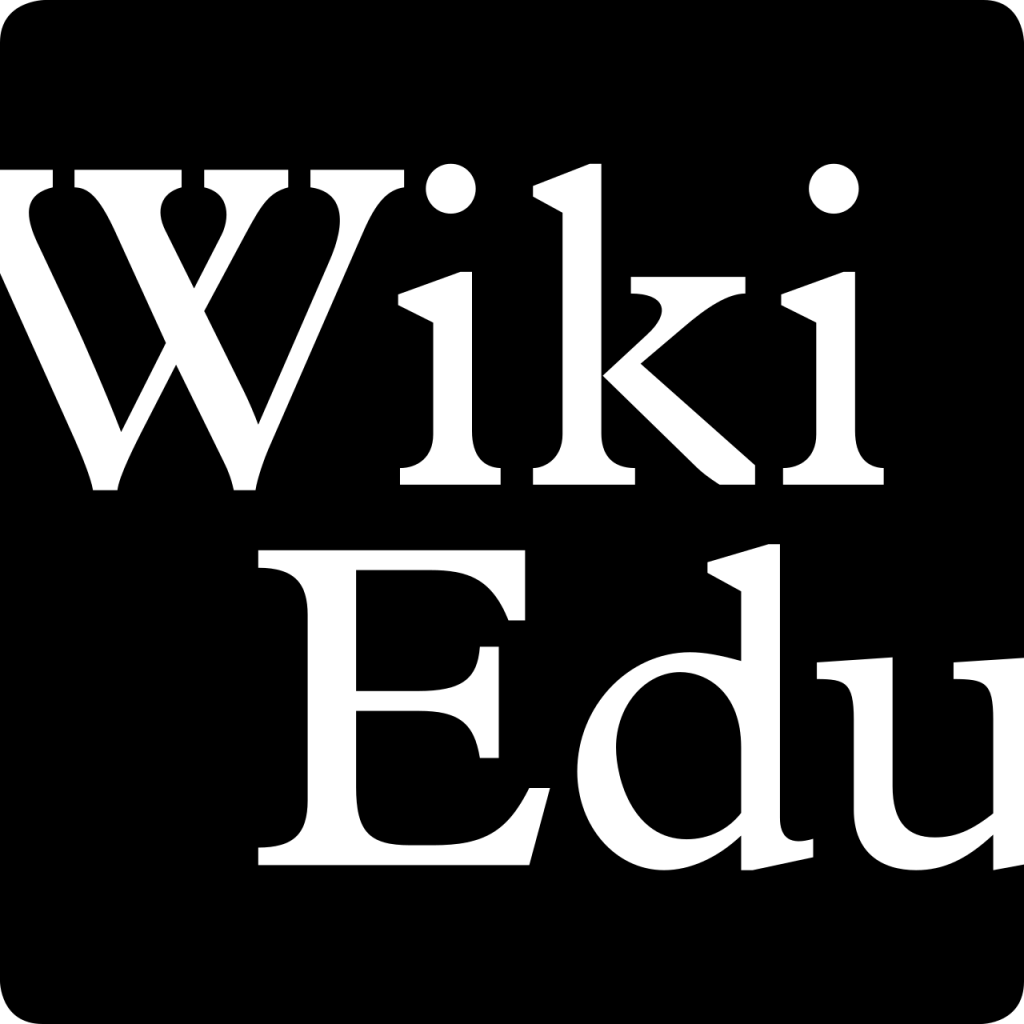
If you are interested in implementing an exciting and innovative open pedagogical project in your teaching, you might be interested in attending a panel about the Wiki Education program. This program, available in the US and Canada, provides strong support to both students and instructors for Wikipedia assignments. Having students contribute to Wikipedia in an academic setting enhances the amount of content available through Wikipedia, a boon to those who rely upon this source for information. It also diversifies the editor pool and thus the content as well. The students are able to build upon their subject knowledge and information literacy abilities. Yet moving from a traditional assignment meant for the professor’s eyes only to one openly available can be somewhat intimidating at first. Metaliteracy’s emphasis on the metacognitive and affective learning domains provides scaffolding for students who may grapple with imposter syndrome and fear of visible failure.
The one-hour panel is sponsored by the Faculty Center for Teaching and Learning at Ferris State University and will take place on Monday, April 11 at 3:00 Eastern time. Besides Trudi Jacobson, panel members include Helaine Blumenthal, Senior Program Manager at Wiki Education, Mark Marinkovic, a former student of Trudi’s (pictured above), Naniette Coleman, Executive Director of the Interdisciplinary Research Group on Privacy and Ph.D. candidate in Sociology at UC Berkeley, and Ava Wu, a student of Naniette’s,
The registration page provides more information about the panel. We hope you can join us.





